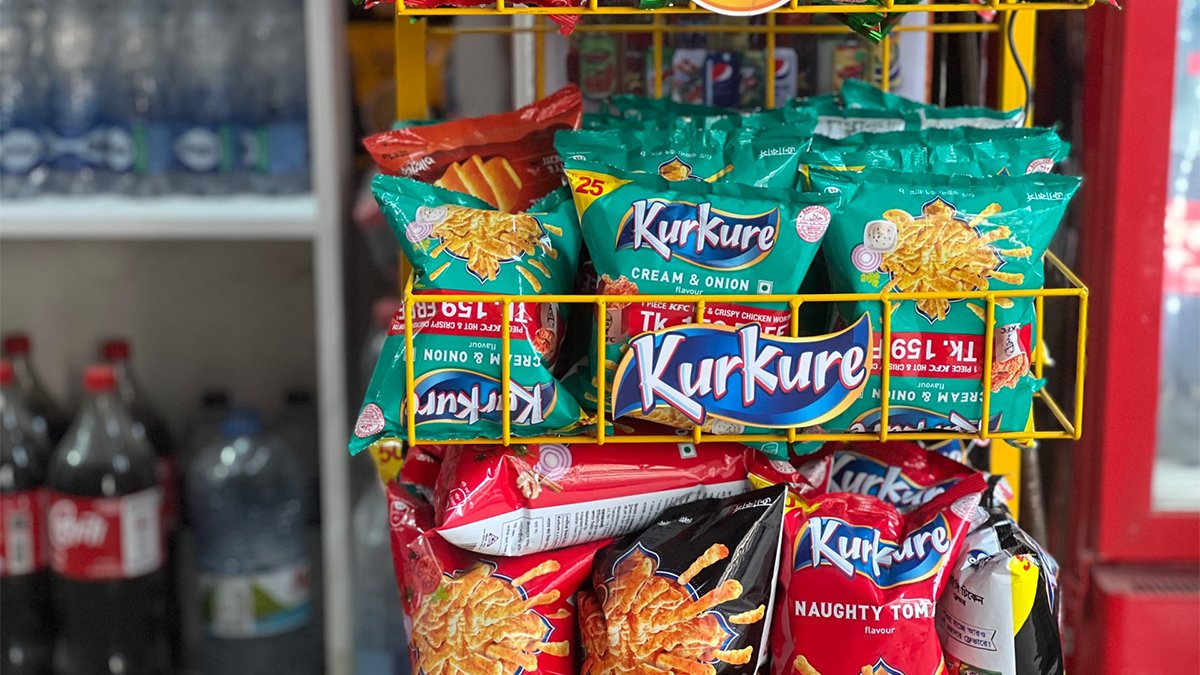Tuesday, February 13, 2024
Year : 2, Issue : 7
Dhaka, Bangladesh: Amid allegations of Indian interference in national elections, there’s a call to boycott Indian goods in Bangladesh.
Last week, a supplier for the Indian consumer goods giant Marico faced a chilly reception in Dhaka’s Panthapath area. Grocery shops, usually eager to stock their shelves with its hair oil, cooking oil, body lotion and other products, refused to take new deliveries.
“Sales of Parachute oil, a Marico bestseller, have plummeted to almost zero in recent weeks,” local shopkeeper Aman Ullah said. “Indian products just aren’t moving. We’re stuck with unsold stock and won’t be restocking.”
Another shop owner who requested anonymity revealed a deeper reason: “I don’t want to sell Indian products any more.” He cited YouTube videos advocating a boycott of Indian goods, which he wholeheartedly supported.
Simmering anti-India sentiment in Bangladesh has boiled over in the past decade, culminating in public displays such as celebrations in Dhaka last year after India’s loss in the Cricket World Cup final.
But after last month’s elections in Bangladesh, in which Prime Minister Sheikh Hasina secured a fourth term while the opposition boycotted the polls, a massive “India Out” campaign was launched, alleging Indian interference in Bangladesh politics.
The Bangladeshi diaspora and opposition groups have fuelled this anti-India movement and advocated boycotts of Indian products. This movement mirrors similar campaigns in the Maldives, where Mohamed Muizzu capitalized on anti-India sentiment to win the presidential election.
In Dhaka, the campaign was launched against the backdrop of India’s traditionally strong ties with Hasina’s government and its strained relationship with the opposition, leading many to believe India favoured the status quo.
Exiled Bangladeshi physician Pinaki Bhattacharya, who fled alleged government harassment in 2018, has emerged as the key figure in this burgeoning social media movement accusing India of interfering in Bangladesh’s recent elections to keep Hasina in power.
Through his more than two million followers across social media platforms, Bhattacharya launched the #BoycottIndia campaign in mid-January, urging them to join “this monumental endeavour”. His call, emphasizing love of homeland and determination to break free from perceived shackles, resonated with thousands.
The anti-India movement has surged online, fuelled by user-generated content. Photos of crossed-out Indian products like Amul butter and Dabur honey are circulating alongside barcode identification tips to boycott these goods. A single post highlighting the 890 prefix used in barcodes for Indian products garnered more than 1,000 shares, showcasing the movement’s online reach.
The economic fallout
Analysts, meanwhile, pointed out that boycotting Indian goods could have major repercussions for the economic relationship between the two countries.
India is a major exporter to Bangladesh with annual trade historically exceeding $12bn. Additionally, Bangladesh relies heavily on India for essential commodities, and the two governments are currently in talks on an annual quota of imports of Indian farm products.
Calling the anti-India campaign a “political stunt”, Munshi Faiz Ahmed, former chairman of the Bangladesh Institute of International and Strategic Studies, a state-funded think tank, told Al Jazeera that the economic fallout of boycotting Indian products will be more severe for Bangladesh.
Jyoti Rahman, an Australia-based economist told that the “India Out” movement may be politically important to the extent that “it sends a strong message to the Indian policymakers” about growing discontent in Bangladesh but the “economic effects are less clear cut”.
Rahman pointed out that despite being India’s fourth largest export destination, Bangladesh still comprises about 3.5 percent of the Indian export market. “Even if all exports to Bangladesh stopped, it probably wouldn’t significantly affect the Indian economy as these products would find a market elsewhere,” Rahman said.
Source: Al Jazeera







